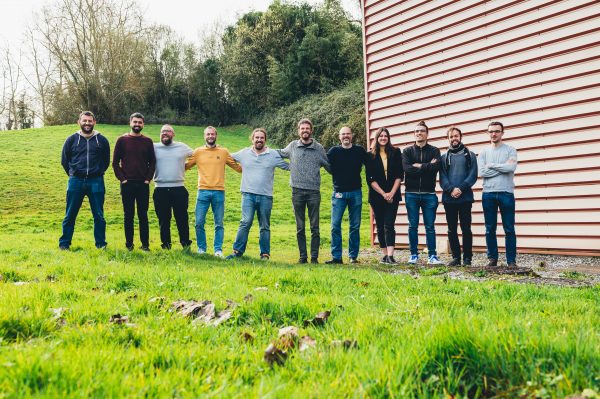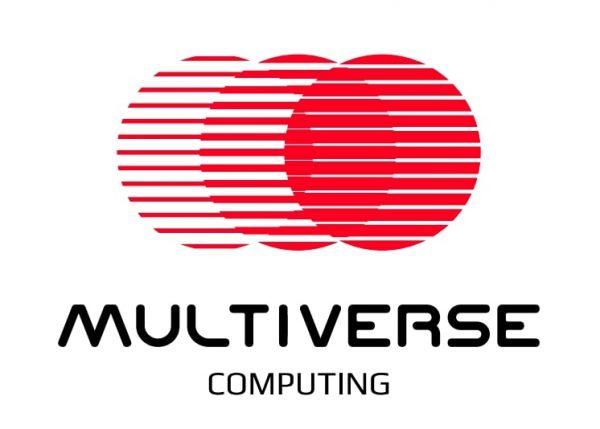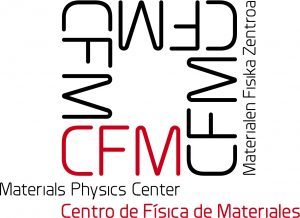QUANTUM TECHNOLOGIES AGAINST FRAUD AND FAKE NEWS
- The Spanish ministry for Science and Innovation granted more than 600k€ through the Proyectos Líneas Estratégicas Colaboración (PLEC) to the “Few-qubit quantum hardware, algorithms and codes, on photonic and solid-state systems (PLEC2021-008251)” project
- The project will be developed by a research consortium from Multiverse Computing, TECNUN and Material Physics Center (CFM-MPC). The experimental part will be led by Gabriel Molina-Terriza, Ikerbasque professor at CFM-MPC.
- The main goal is to develop a few-qubit photonic and solid-state quantum processor that is remotely accessible.
The PLEC funding scheme is born with the aim of pushing forward one of the quantum technologies of the near future in the Spanish area. A team from Donostia-San Sebastian, has been granted 600k€ to create a home-made few-qubit photonic and solid-state quantum processor with ground-breaking capabilities: being accessible via cloud computing, usable for solving complex optimization and classification problems, and robust and resilient to noise.
Prof. Molina-Terriza, head of the “Quantum nanophotonics lab” group at CFM-MPC, will lead the experimental objectives of this project, while the group of prof. Crespo in Tecnun will provide theoretical support. Taking advantage of the in-house developed hardware, Multiverse Computing will develop algorithms tackling important societal problems such as financial fraud detection and fake news identification.

Gabriel Molina Terriza´s group at MPC-CFM
The system will be based on an optically addressable two-qubits processor, specially designed to satisfy the needs of the algorithms proposed by Multiverse Computing. Because these kinds of systems are prone to have low fidelities due to photon loss or spin dephasing, the group of prof. Crespo in TECNUN will provide theoretical support for error-correcting the processor. Furthermore, the goal is to make the quantum systems in prof. Molina-Terriza’s laboratory available for external use and remotely controlled. These systems have already been proven to work on table-top experiments and even some of them are commercially available. Therefore, the project does not focus on the scalability of these systems to perform universal quantum computation, but on the industrial needs to have this technology readily available in Spain in order to develop new systems and algorithms and, at the same time, consolidate Spanish quantum technologies.
Importantly, this project funded through PLEC, will help strengthening collaboration between academia and companies to foster developments and technologies, as well as create the right environment for the practical training of quantum researchers and technologists, which will be a key element for the required industry transformation in the medium-long term.
Grant PLEC2021-008251 was funded by MCIN/AEI/10.13039/501100011033 and by the European Union NextGenerationEU/PRTR.







